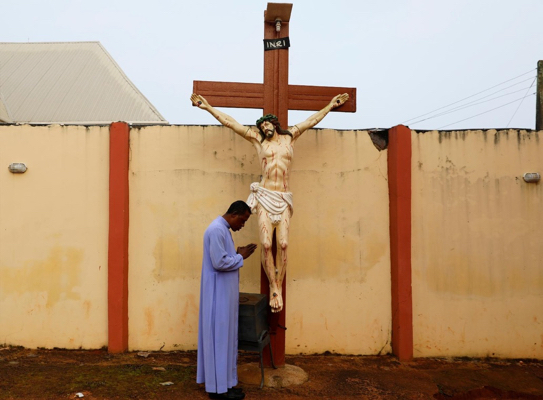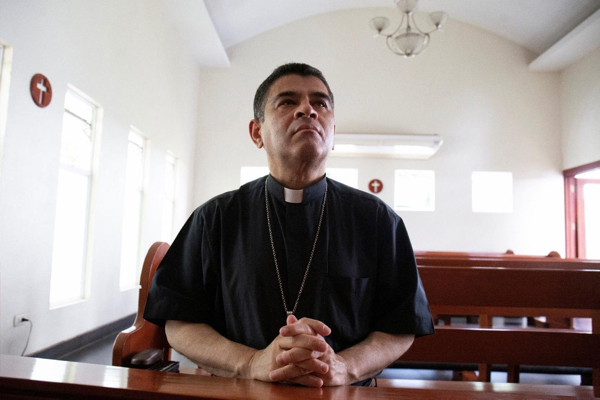Nicaraguan Bishop Rolando Álvarez finally returned to his northern diocese of Matagalpa on 24 May, having been escorted on the journey from Managua, the Nicaraguan capital, by 15 police cars.
Bishop Álvarez, the communications secretary of the Nicaraguan bishops conference, has been targeted for voicing criticism of the government’s repression of opponents.
In Managua he had been on hunger strike in protest against police intrusion into the home of his relatives. Bishop Álvarez is known for his good relations with parish communities, and has been photographed dancing and playing football with lay people.
He was the main coordinator of the National Dialogue of 2018, which failed to avert the government’s bloody response to student protests, but was banned by the government from taking part in subsequent attempts at dialogue.
The church is one of the few organisations in Nicaragua still able to criticise the Sandinista government of President Daniel Ortega.
In 2018 government attacks on student protests against cuts in pensions and social security payments left over 400 people dead. In the same year the government expelled the Office of the High Commissioner for Human Rights and the Inter-American Commission for Human Rights, and on 24 March this year it expelled the national representative of the International Committee of the Red Cross.
According to the Human Rights watchdog Human Rights Watch (HRW), in 2021 the government detained “over 40 critics during the electoral process, including seven presidential candidates and other political figures, student and peasant leaders, activists, defence lawyers, and journalists”. HRW also says that the government has closed around 135 NGOs, including a charity founded by priest-poet Ernesto Cardenal for the development of Solentiname, the archipelago where he lived and worked for much of his life - and which gave its name to the gospel reflection produced by his communities, The Gospel in Solentiname.
In March 2022 the UN High Commissioner for Human Rights, Michelle Bachelet, presented a damming report to the UN Human Rights Council on the rights situation in Nicaragua. It outlined a “pattern of serious violations of civil and political rights” that excluded dissenting opinions from the elections, and “created an environment unconducive to the holding of genuine, fair and credible elections.” Also in March the Ortega government expelled the apostolic nuncio, Archbishop Waldemar Sommertag.



 Loading ...
Loading ...